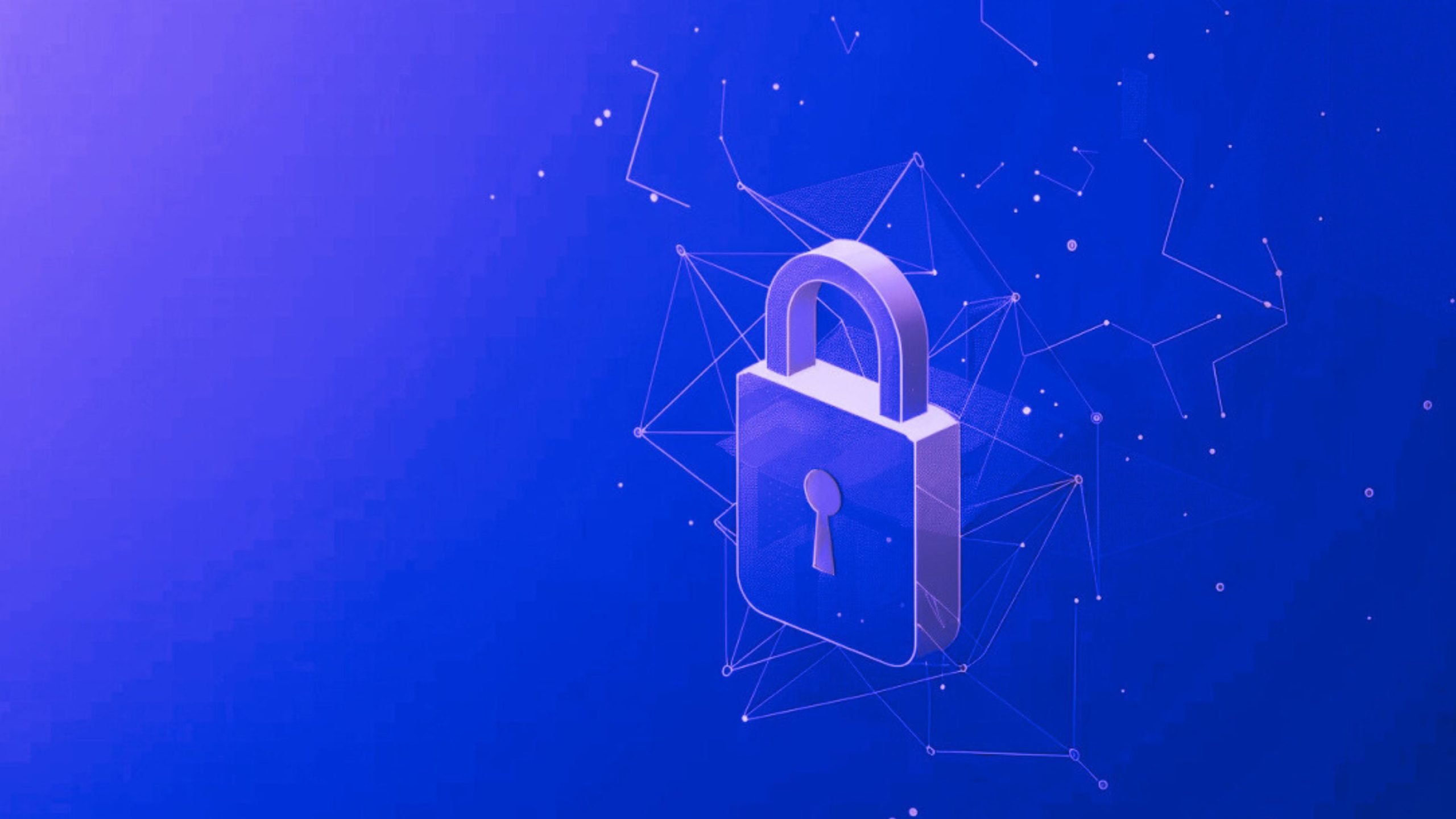The New York Times has found another way, and another reason, to launch an attack against online encryption.
With the US presidential vote around the corner, it is tied to “disinformation” – in particular, how the perceived danger from it is affecting Latino voting rights activists (apparently badly – NYT says the problem of “disinformation” is something that “keeps them up at night.”)
After going through a litany of complaints about what the newspaper sees as “disinformation” targeting specifically Latino voters, the article comes to secure encryption, why NYT thinks it’s bad, and what to do about it.
The last couple of years (and US election cycles) have produced a new crop of “experts” – those supposedly best equipped to deal with “disinformation.”
In the piece, NYT takes their expertise for granted, and uses them to explain one of the reasons “disinformation” allegedly cannot be dealt with properly, or, at least, to NYT’s satisfaction.
And it’s encrypted apps standing in the way of these experts to – spy on people’s personal communications, all the while referring to the spying as a “transparency” problem.
According to NYT “a lot of disinformation” can be found on encrypted messaging apps, which are misleadingly referred to as “closed” – a word that has a very different, and negative, connotation in the software world.
Here, the apps are simply “closed” to surveillance of private communications, meaning that “disinformation experts” can’t just have access to that data at will.
Apparently one such expert – head of Information Futures Lab at Brown University’s School of Public Health Stefanie Friedhoff – sees another problem, which is that social media companies also “do not tend” to hand over data to this type of researchers, which would show “what is spreading.”
In other words, what needs to be suppressed, once it has been branded as “disinformation.” And, experience shows that can be a lot of things, including content that is factually correct.
The whole article is very clear on where its political preferences lie – namely, with the current White House, and the “war on encryption” is well-aligned and for a long time a part of that general political bias.






















